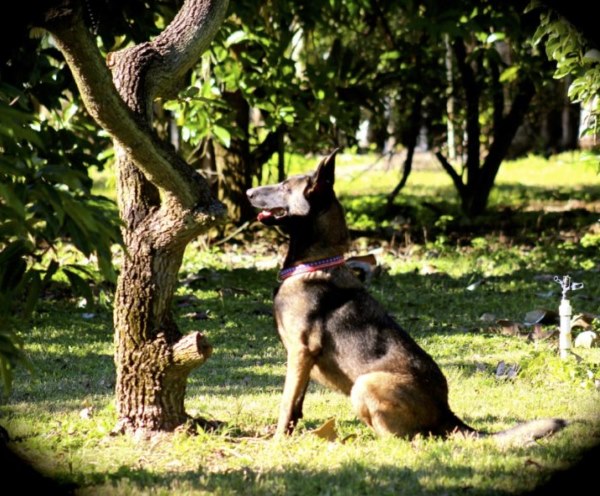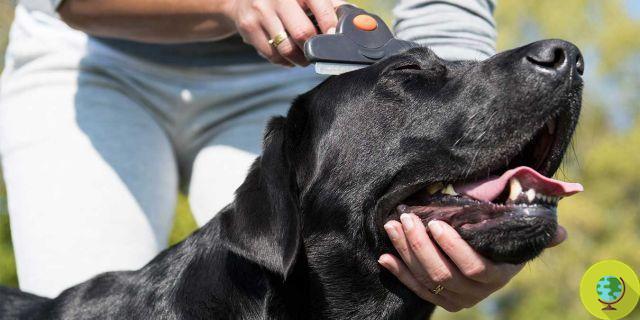
Dog Trust researchers have found that calculating a dog's age in human years isn't as simple as previously thought
He is about to end up run over, his mother saves himResearch shows that we may be mistaken when determining the age of dogs. Dog Trust researchers have found that calculating a dog's age in human years isn't as simple as previously thought.
It is common belief that different dog breeds age at different rates - with some breeds maturing faster or slower than others. But now these claims based on mere observation have more scientific substantiation.
The doctor's team Naomi Harvey, manager at Dogs Trust and professor at the University of Nottingham, has shown that one-year-old dogs are still considered "adolescents" because they have just finished puberty (or are even about to end it) and cannot be considered adults unless after two years (which correspond to 25 human years).
Furthermore, dogs would enter the mature age around seven years, and can be considered elderly from twelve years onwards. (Also read Science's Suggested Best Way to Calculate Your Dog's Years)
“Dogs age faster than we can,” explains the doctor. “At just one year old, many dogs have already reached their maximum height and past puberty. Definitely, they can be defined as the equivalent of a seven-year-old child. It is usually agreed that a dog that is over one year old corresponds to a human of about fifteen years, even if these calculations are generally calibrated on the life expectancy of that particular dog breed. "
(Read: Everything You Need To Know Before Adopting A Dog To Ensure A Happy Life)
Then there is the question of life expectancy. Some dogs have a very short life expectancy - they don't even reach six years: their physical decay begins early and they need more veterinary care. However, even though their bodies are affected by health issues when they are still young, there is no evidence that shorter-lived breeds actually age faster: in practice, these breeds follow the same evolutionary pattern as those that do. a longer life.
"In other words, breeds that live shorter don't age faster - they just die younger," continues the doctor.
Fonte: Frontiers in Veterinary Science
We also recommend:
- Why do dogs understand our body language? The answer in these adorable puppies
- Dogs and their human friends also resemble each other in diabetes risk
- How We Changed Dog Brains Through Breed Selection: The Harvard Study
- Love for dogs? It's written in our genes
- Dogs know how we feel, the study proving what we already knew


























